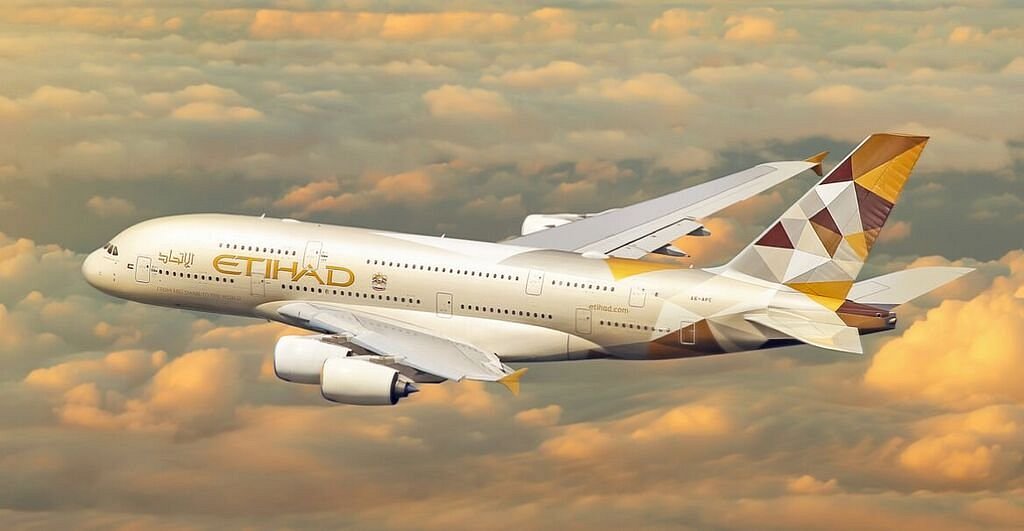Abu Dhabi’s Etihad Airways has returned to profit and is improving its transparency, governance and balance sheet to be ready for an initial public offering should its sovereign wealth fund owner decide to list it, CEO Antonoaldo Neves said.
The United Arab Emirates’ national carrier on Wednesday posted net profits for 2022 and 2023 after a run of significant losses since 2016.
Etihad is owned by Abu Dhabi wealth fund ADQ, which has listed several holdings since 2022 as part of a broader strategy to diversify the oil-rich emirate’s economy, deepen capital markets and spur investment.
“We are working very hard so that whenever is the proper time to do an IPO, we are going to be ready.” The airline industry veteran led Brazilian carrier Azul through an IPO in 2017.
Neves said it was no secret that ADQ’s objective is to list portfolio companies, but that any IPO would be a decision for ADQ, not Etihad, to make. ADQ declined to comment.
In a sign of change, Etihad will publish a 2023 annual report by mid-April for the first time, including details of pandemic-related government support, Neves said.
Etihad, which approved a seven-year growth plan a year ago to turn around its streak of losses, announced a 2023 net profit of 525 million dirhams ($143 million) and a previously unreported 2022 net profit of 92 million dirhams.
Neves said Etihad was increasing efficiency to drive profits, including scrapping unprofitable routes and returning grounded aircraft to service.
Passenger numbers rose 40% year-on-year in 2023 to 14 million and Etihad’s “Journey 2030” plan aims to triple passengers and double its fleet by 2030.
It is a return to growth after about six years of downsizing following a failed bid to compete with Gulf rivals Emirates and Qatar Airways, which are not publicly listed.
Etihad had bought stakes in foreign airlines including Air Berlin, Alitalia, India’s Jet Airways and Virgin Australia, which all went bankrupt.
Etihad no longer holds those stakes and does not intend to invest in other carriers, Neves said.
Etihad is instead concentrating on connecting Southeast Asia, the Gulf and the Indian subcontinent to Europe and the U.S. East Coast with frequent flights, rather than ultra-long haul routes, he said.
“We are not obsessing anymore just to do what our competition is doing and copying them,” he said.
Etihad operates 80 Boeing and Airbus passenger jets and five freighters.



